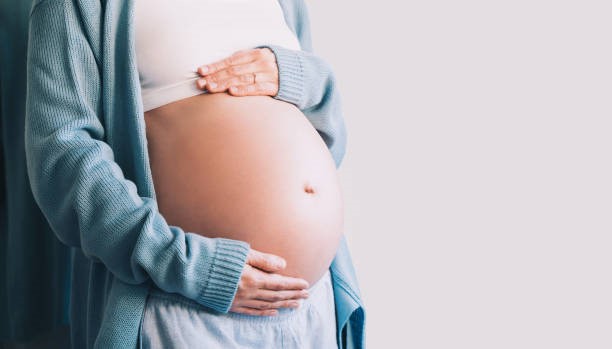For a country to maintain its current population, a fertility rate of 2.1 children per woman is needed (according to OECD). Fertility rates have been gradually falling across the world and have more than halved since 1963.
Fertility rates measure the number of children born per woman of childbearing age. The latest statistics from the ONS show that in 2023, the fertility rate for England & Wales dropped to 1.44 children per woman. This is the lowest rate since records began in 1938. Although 2021 saw a small increase which is largely thought to be due to the Covid 19 lockdown, there has been a steady decline since 2010. Luton was the only area in 2023 to have a fertility rate of higher than 2 children per woman. A lot of research has been conducted into the falling fertility rate. The UK’s fertility rate is falling faster than any other G7 nation and, only one in four 32-year-olds in England who want children are actively trying to have them. The main reasons for people opting to have fewer (or no) children include austerity, childcare costs, housing prices, negative effect on career progression and low levels of statutory maternity pay/allowance.
The average age of parents has been increasing for the last 50 years – in 2023 the average age of a mother was 30.9 and 33.8 for a father. This represents an increase of almost in year in a decade. Overall, the statistics show it is only women over 40 that are having more babies than they were a decade ago. This is largely due to an ever increasing number of options open to women to enable them to start or add to their families later in life. The rise is also due to the social stigma surrounding older mothers being broken down. Women now have the power and ability to decide when and how to grow their families without as much fear from the ‘biological clock’. A lot of women are choosing to rely on new methods such as egg freezing and donor conception to enable them to delay having children until they are emotionally and financially ready rather than just biologically. Factors that can influence a decision to start or grow a family later in life include finding the right partner, being financially stable, owning a home and achieving career goals.
If you would like to know more about the various ways to start your journey to parenthood, then please get in touch with Lydia Plank on lep@tanners.co.uk.


